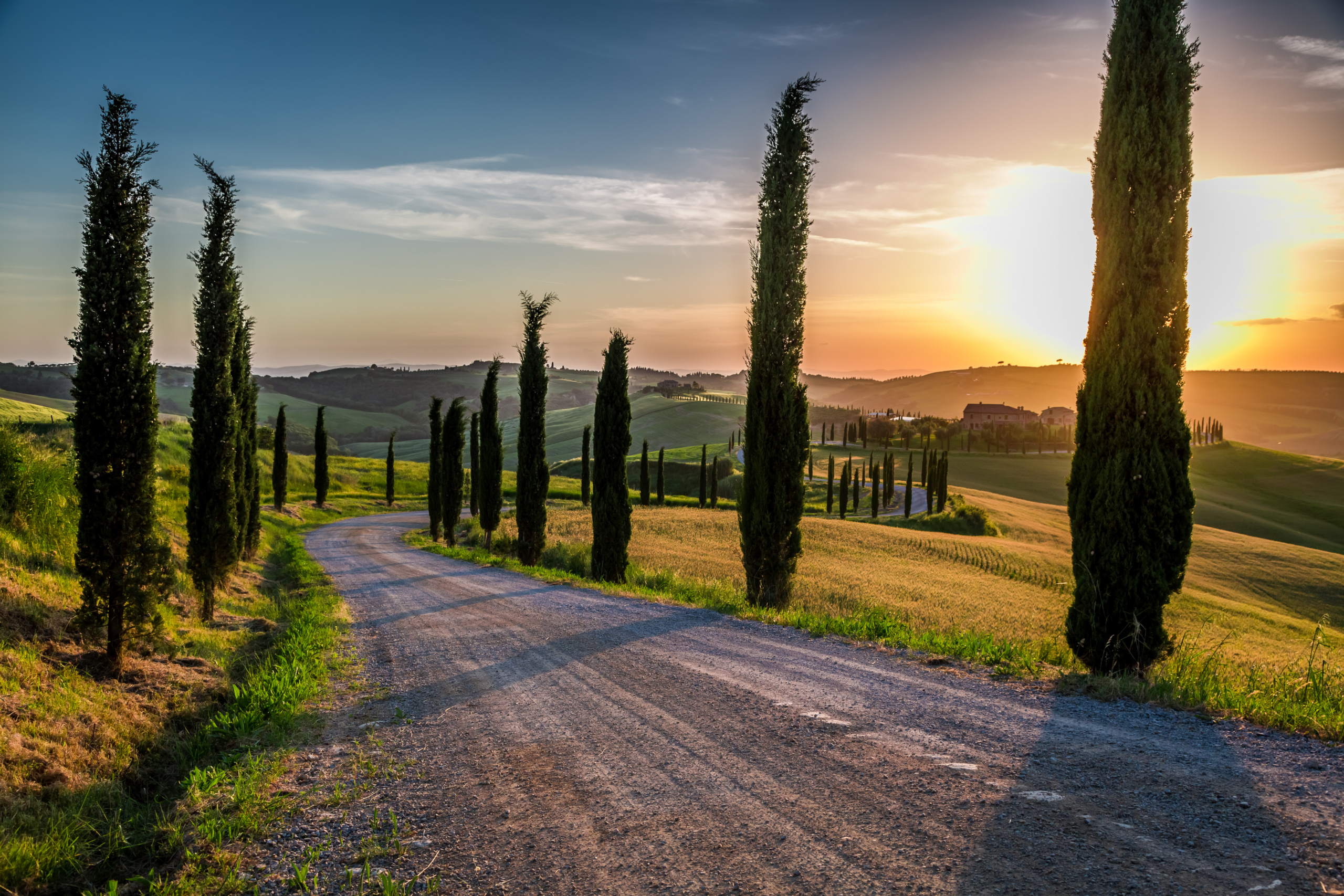Elder Pino’s talk, “Let Doing Good Be Our Normal” gave me time to reflect on traditions. Why we have them, where they came from, and what purpose they serve in our lives.
Elder Pino started by talking about traditions, “We all have customs and traditions that are personal, from our family, or from the community in which we live, and we hope to keep all those that align with the principles of the gospel. Edifying customs and traditions are fundamental to our efforts to stay on the covenant path, and those that are an obstacle, we ought to reject.”
(Sister Walker) A sister teaching in Relief Society said that when she was reading this, the movie ‘The Fiddler on the Roof’ came to her mind. In the beginning of the movie, Tevye, the main character, is singing a song about tradition. In it he says, “everyone knows who he is and what God expects him to do (because of traditions) and that without traditions our life is as shaky as a fiddler on the roof.”
Traditions when looked at in this light are meant to bring us closer to our Heavenly Parents. They are meant to teach us and remind us of who we are in Their eyes and what we can become.
In reading this talk, I saw fifteen different things that we can do to create our own normal that draws us closer to our Heavenly Parents and our Savior Jesus Christ.
In the first one, Elder Pino quoted President Nelson, “If you really want to embrace a new normal, I invite you to turn your heart, mind, and soul increasingly to our Heavenly Father and His Son, Jesus Christ. Let that be your new normal. (Kate Brayton) A sister mentioned a tradition of forgiveness and unity that runs in her family and has for several generations. It was started and taught from generation to generation that they should forgive one another when there has been an offense or hurt and come together in love. I imagine that with such a tradition it is easier to do as President Nelson said.
In the next, Elder Pino says, “He invites us to let the normal things in our lives be those which help keep us on the covenant path.” What are your everyday spiritual rituals that keep you on the covenant path? The things we do repetitively are the things that become ingrained in us. What do you want ingrained in your soul? What do you want to be ingrained in your children? (Johyne Hill) A sister talked about the bedtime ritual they have with their children. That they always take the time to stop at bedtime and visit with their children. This time has become important for both parents and children and is asked for by the children if the end of the day is rushed and it is forgotten. This time shows not only interest but love. It is becoming ingrained in their children that their parents love them because of the daily time that is spent with them.
Time spent with our families is indeed a holy and sacred time. Time spent with the Lord in prayer or scripture study is also sacred, as it draws us closer to Him and further along the covenant path.
Elder Pino referenced the Prophet Joseph Smith, “If there is anything virtuous, lovely, or of good report or praiseworthy we seek after these things(Articles of Faith 1:13).Elder Pino notes that this is an exhortation not merely a commentary. It is something we are told to actively do. What do you seek out? What adorns your walls, lives on the screens that you watch? What comes into your home and is allowed to dwell there? Is it virtuous, lovely, or of good report? Where are your thoughts drawn when you gaze upon, watch or live with what is there? Our homes are meant to be sanctuaries where the temples that are our bodies dwell. When I attend the temple, the presence and Spirit of the Lord are clear and strong. I want my home to feel that way. As such at one point I painted my home in a color that matched the celestial room in the temple. It was a reminder and brought me moments of peace as I remembered how I felt when I was in the temple.
Elder Pino then asks us to “meditate on our customs and the way they are influencing our families.” Where did the traditions your family follows come from? Why did they start? Often knowing why makes the connection that happens through the tradition deeper, or it could cause you to start a new tradition. I am reminded of the story where grandmother, mother, and daughter are preparing a meal and the daughter asks why her mother cuts the end of the ham off. Her mother says because that is what her mother always did. The daughter then asks her grandmother why she cut the end off the ham. Her grandmother replied that she did that because it did not fit the pan. Why we do things is important. Our traditions should be based on more than a pan that was too small.
The next four that Elder Pino covers are more foundational daily practices that work to center us on the covenant path and draw us closer to Christ.
First – Personal and family study of the scriptures
Studying the scriptures is a part of how we become converted. It is also a way that we hear what He has to say to us. Scripture study teaches us patterns to live by and also the patterns to watch for that stand as a warning of what not to do. They are what we should be teaching our children and learning for ourselves from.
Second – Personal and family prayer
In D&C 19:38, we are commanded by the Savior to “pray always”. Daily prayer is our daily conversations with our Heavenly Father through our Savior Jesus Christ. Prayer is how we come to know them. It is where we pour out our soul when we feel we are wandering in our personal wilderness, and where we go to petition for aid, comfort and support for those we love and care about. Prayer is a key way that we “turn our hearts, minds, and souls increasingly to our Heavenly Father and His Son Jesus Christ”.
Third – Weekly sacrament meeting attendance
The sacrament is an ordinance that gives us the opportunity each week to both renew and remember the covenant we made at baptism to take the name of Jesus Christ upon us, always remember Him, and keep His commandments. It is a time not only of renewal but also the opportunity to start the week again with a clean slate. The ordinance of the sacrament is in part why the sabbath day is holy as it turns our hearts and minds toward the Savior and the remembrance of what He has done for us. In turning towards Him it also shows us the path we should travel on and the way we should live.
Fourth – Frequent participation in temple and family history work
This is the work of eternity. The work that gives all the opportunity to not only be sealed as families but to choose to accept the ordinances done on their behalf and move forward on their personal path back toward their Heavenly Parents and home. All will have the opportunity. That is the reason behind family history work. However you choose to participate in this eternal work, whether that be doing the family history work or doing the work in the temple both are vital to those on both sides of the veil.
In Mosiah 5:15, we are given a model to follow in determining what the normal things in our life and in our family should be. It states, “I would that ye should be steadfast and immovable, always abounding in good works.” Steadfast and immovable in living and standing for the principles of the gospel of Jesus Christ. Always abounding in good works. No matter who those good works are towards they can bring with them the Spirit and have the ability to touch lives in a way that cannot be done any other way. (Michelle Stevens) A sister mentioned her family’s tradition of making caramels and caroling during the Christmas holiday. This is abounding in good works. It is bringing the Spirit as well as their love to others.
Elder Pino finishes his talk with council from President Nelson that includes the last five things we can do. “Embrace your new normal by repenting daily. Seek to be increasingly pure in thought, word, and deed. Minister to others. Keep an eternal perspective. Magnify your callings. And whatever your challenges, my dear brothers and sister, live each day so that you are more prepared to meet your Maker”.
Elder Pino concludes, “I pray that our normality may allow us to experience that state of “never-ending happiness” (Mosiah 2:41) that is promised to those who keep the commandments of God and that, while doing so, we may be able to say, “And it came to pass that we lived after the manner of happiness” (2 Nephi 5:27).





3 Comment(s)
Hello would you mind sharing which blog platform you’re using?
I’m going to start my own blog soon but I’m having a tough time deciding between BlogEngine/Wordpress/B2evolution and Drupal.
The reason I ask is because your layout seems different then most blogs and I’m looking for something completely unique.
P.S Sorry for getting off-topic but I had to ask!
I use WordPress as the basis of the blog. Sorry I can’t give you much more than that, as I’m rather new to this myself. Good luck!
Hey very nice blog!
Comments are closed.